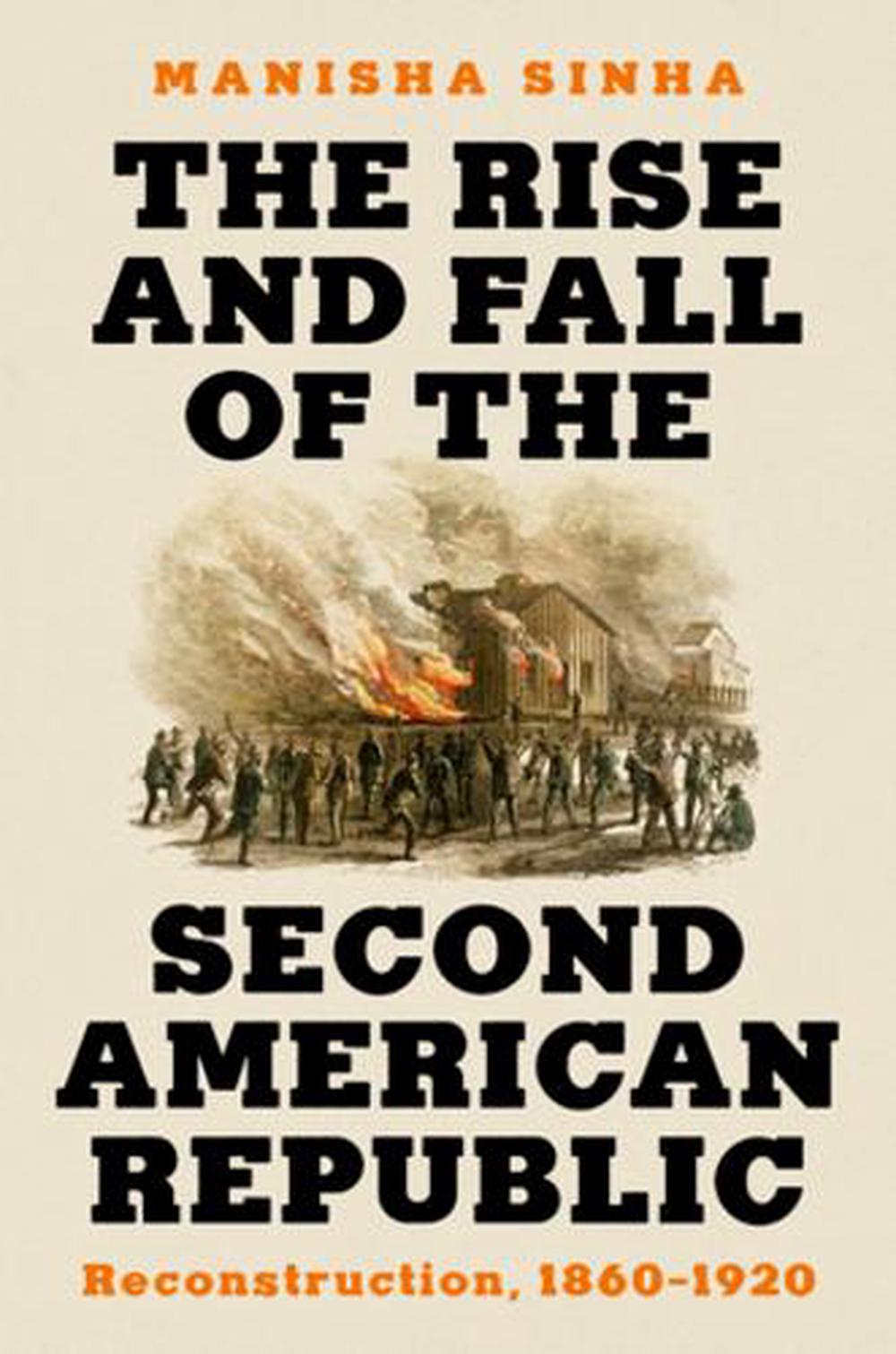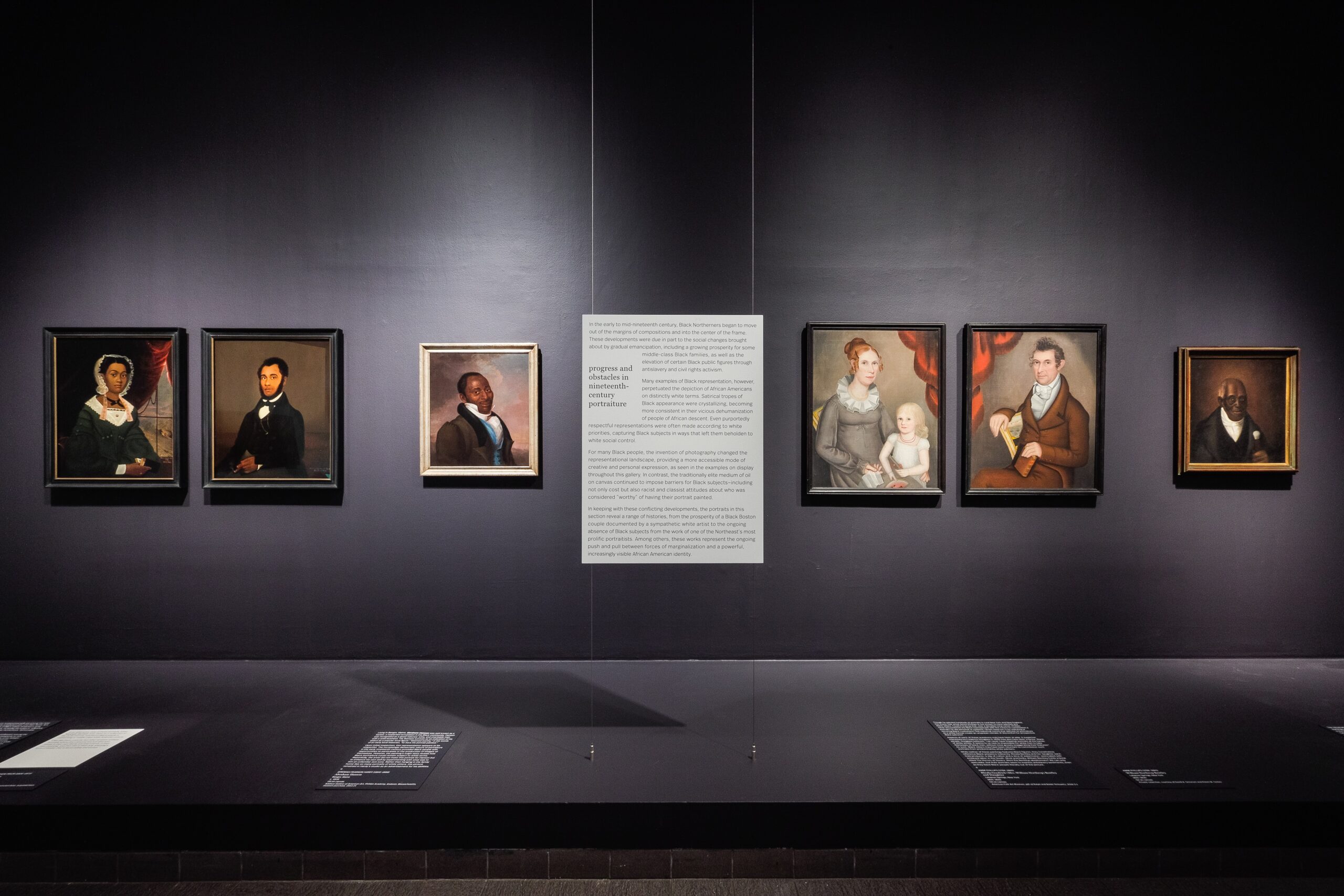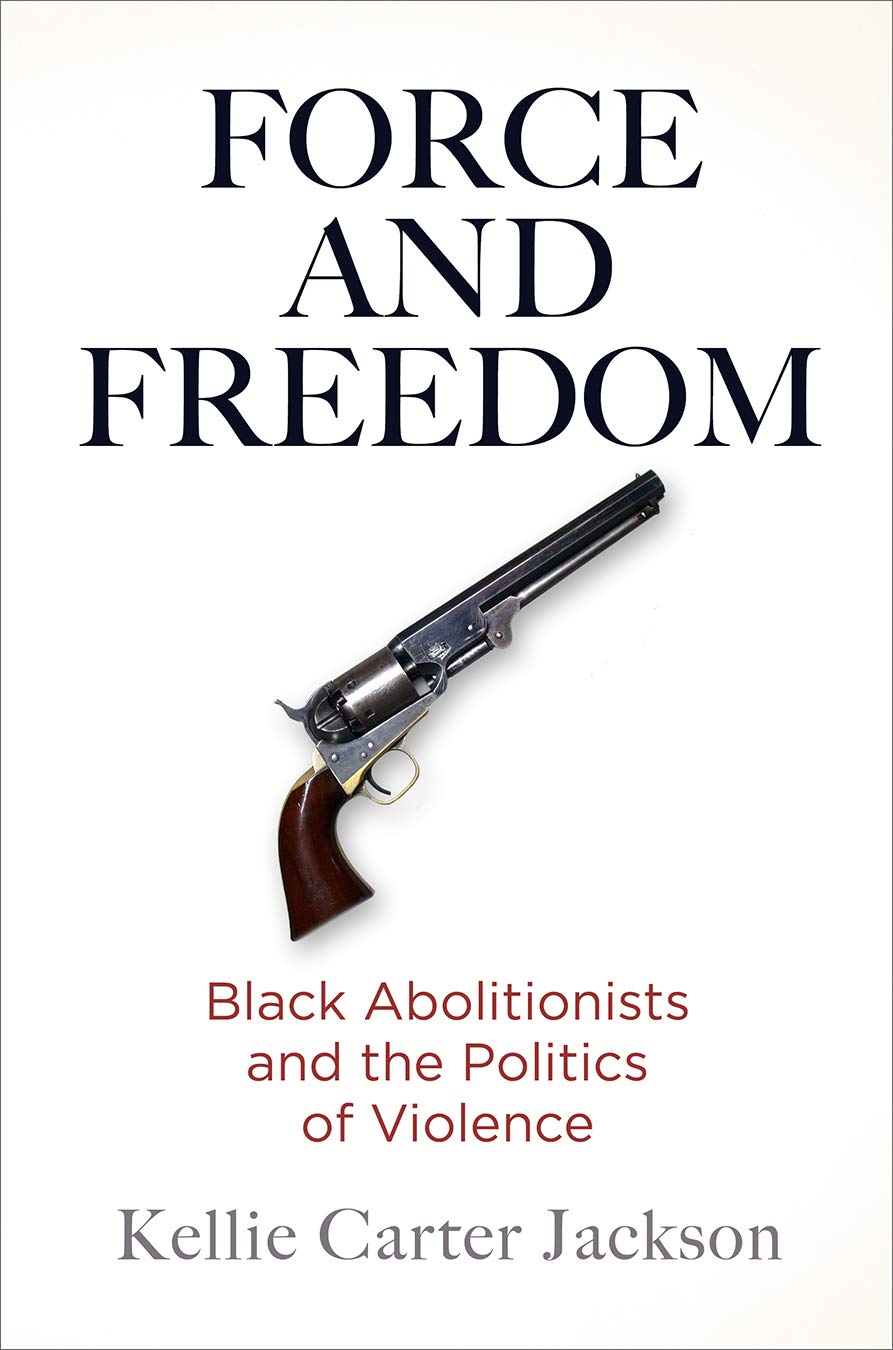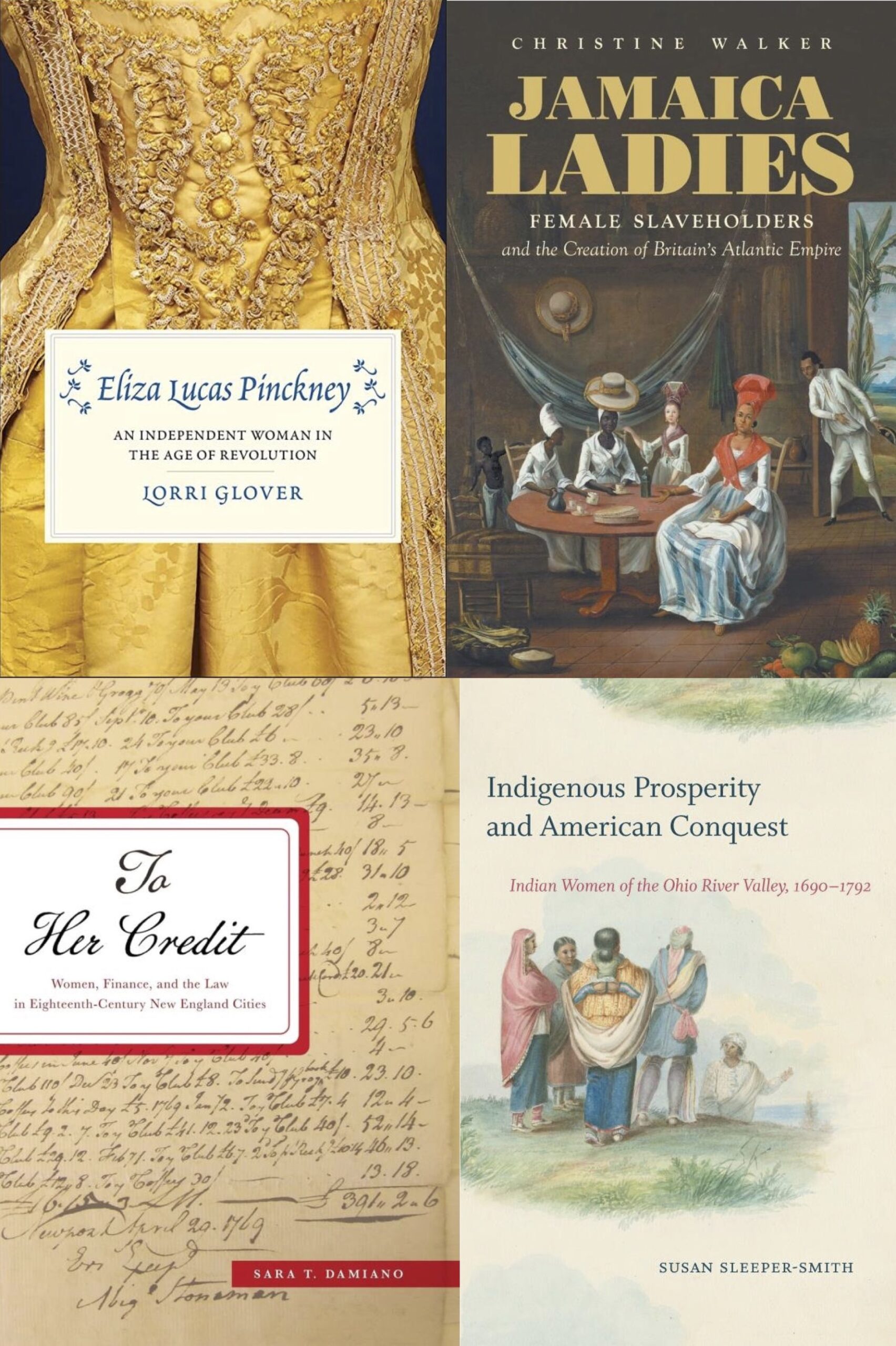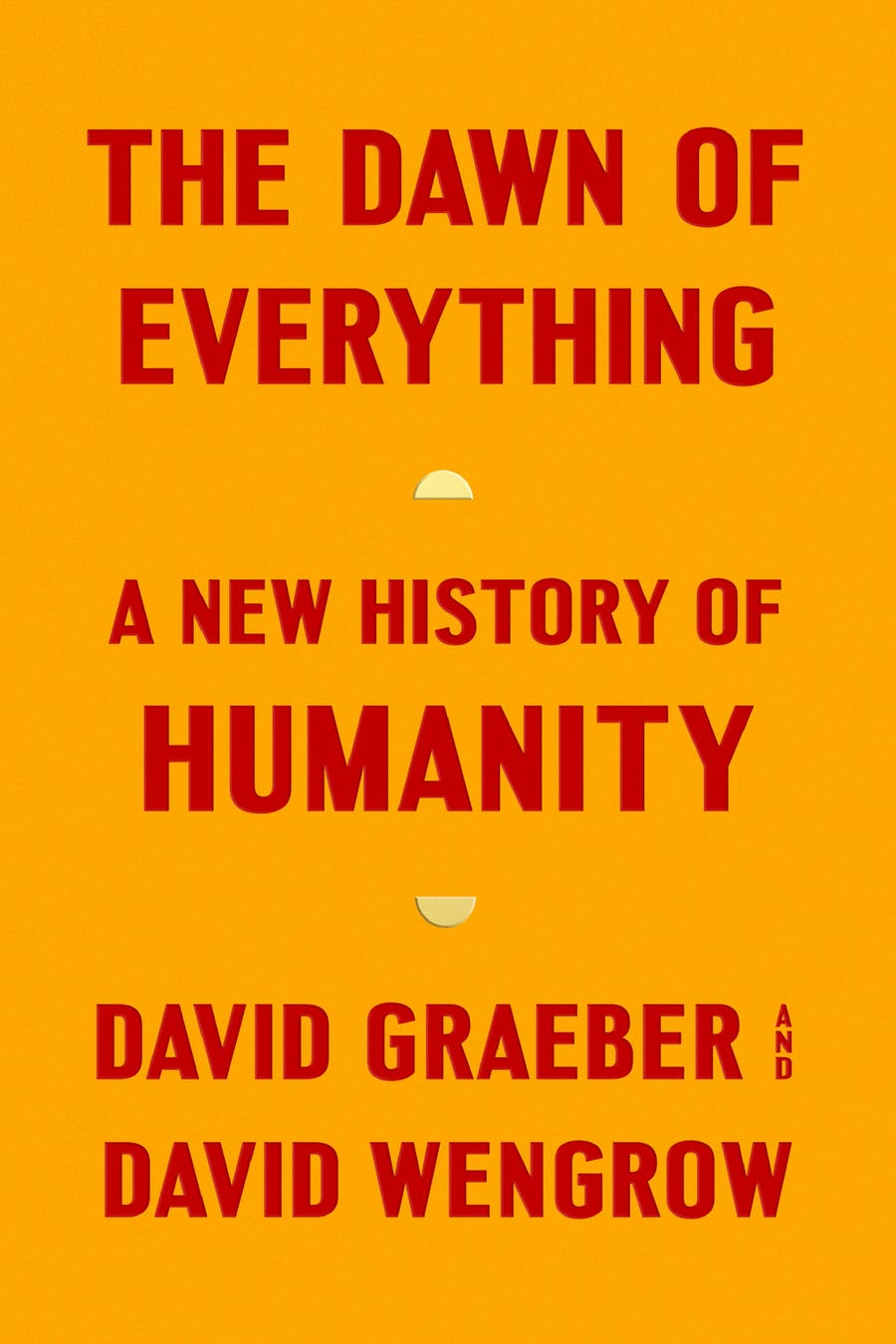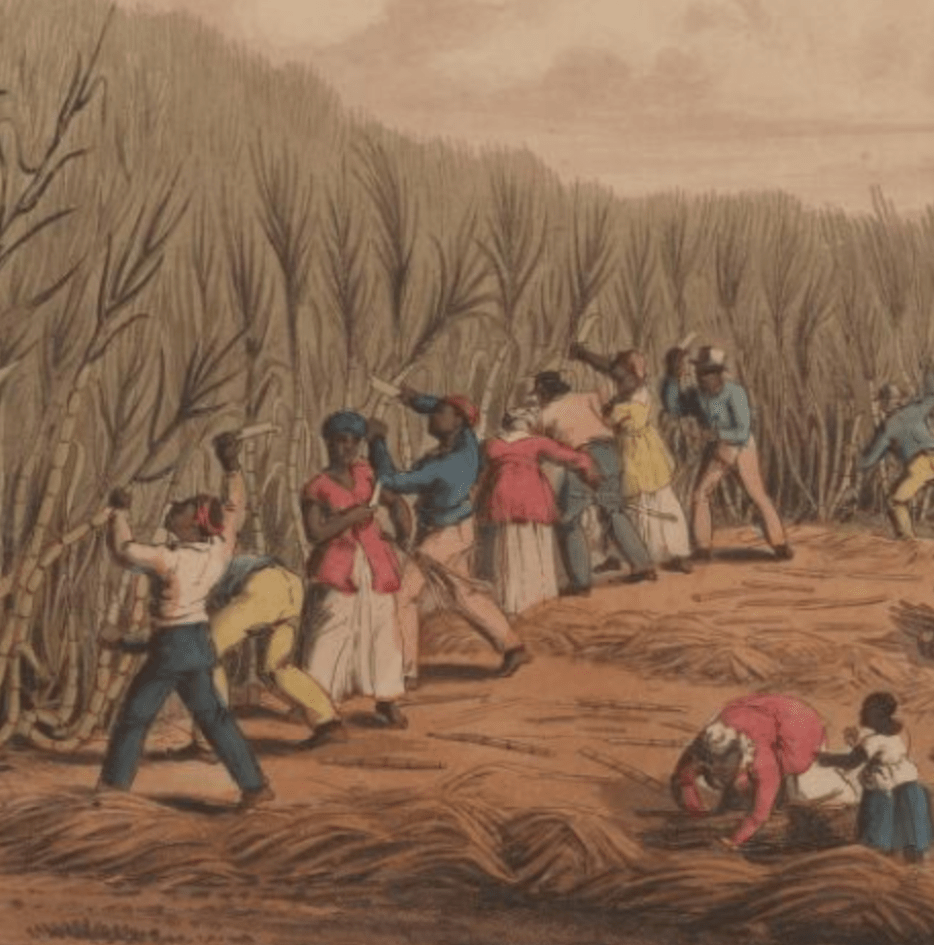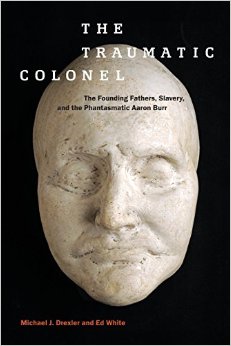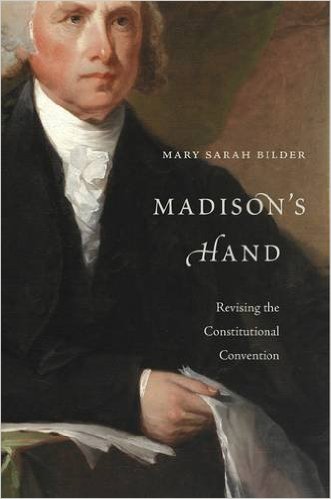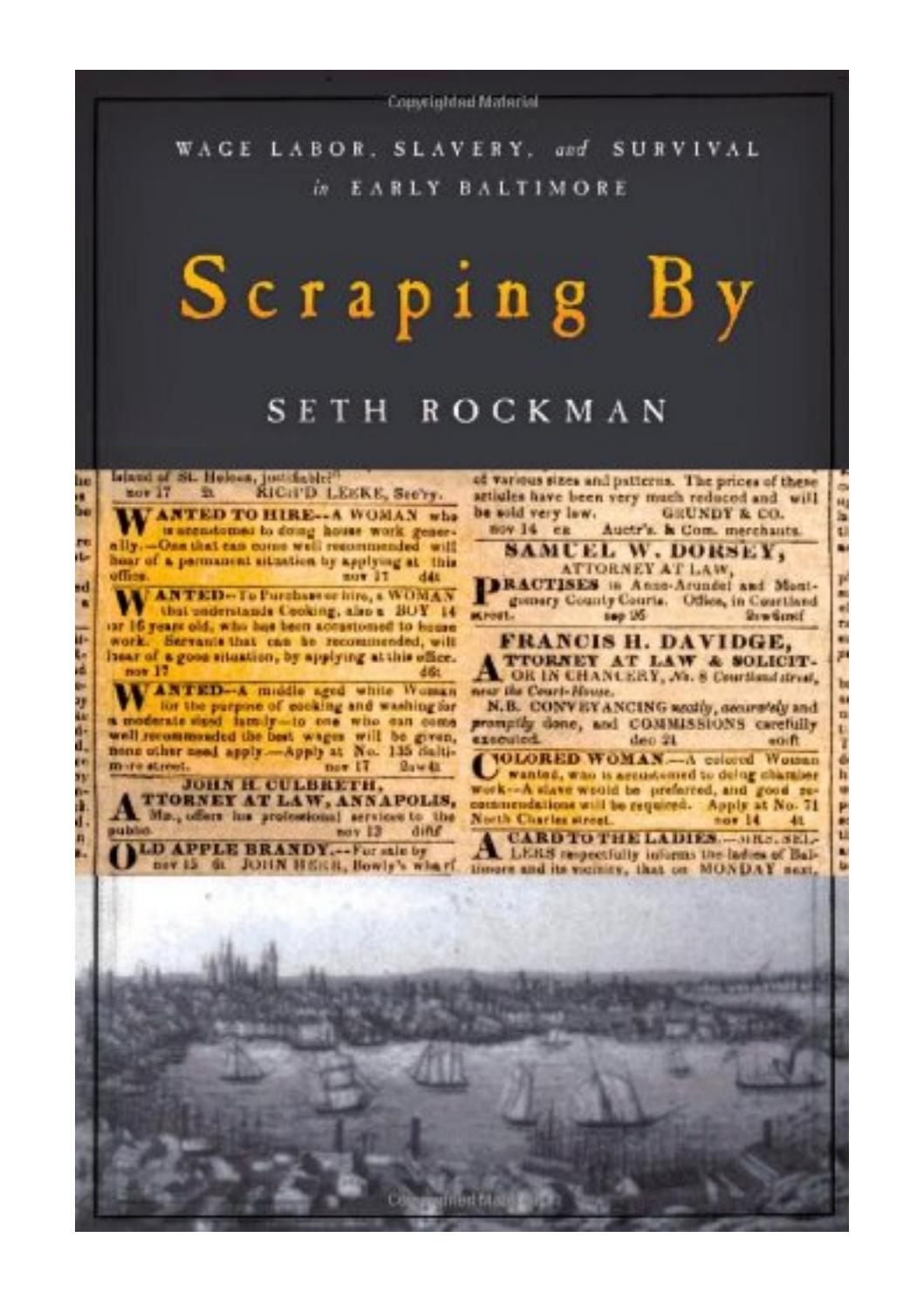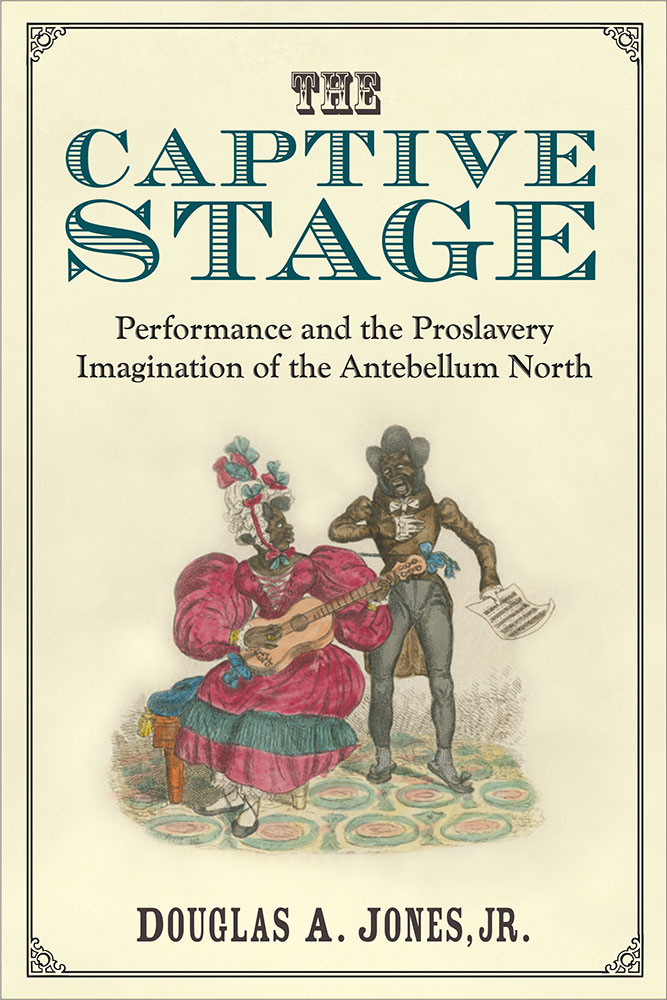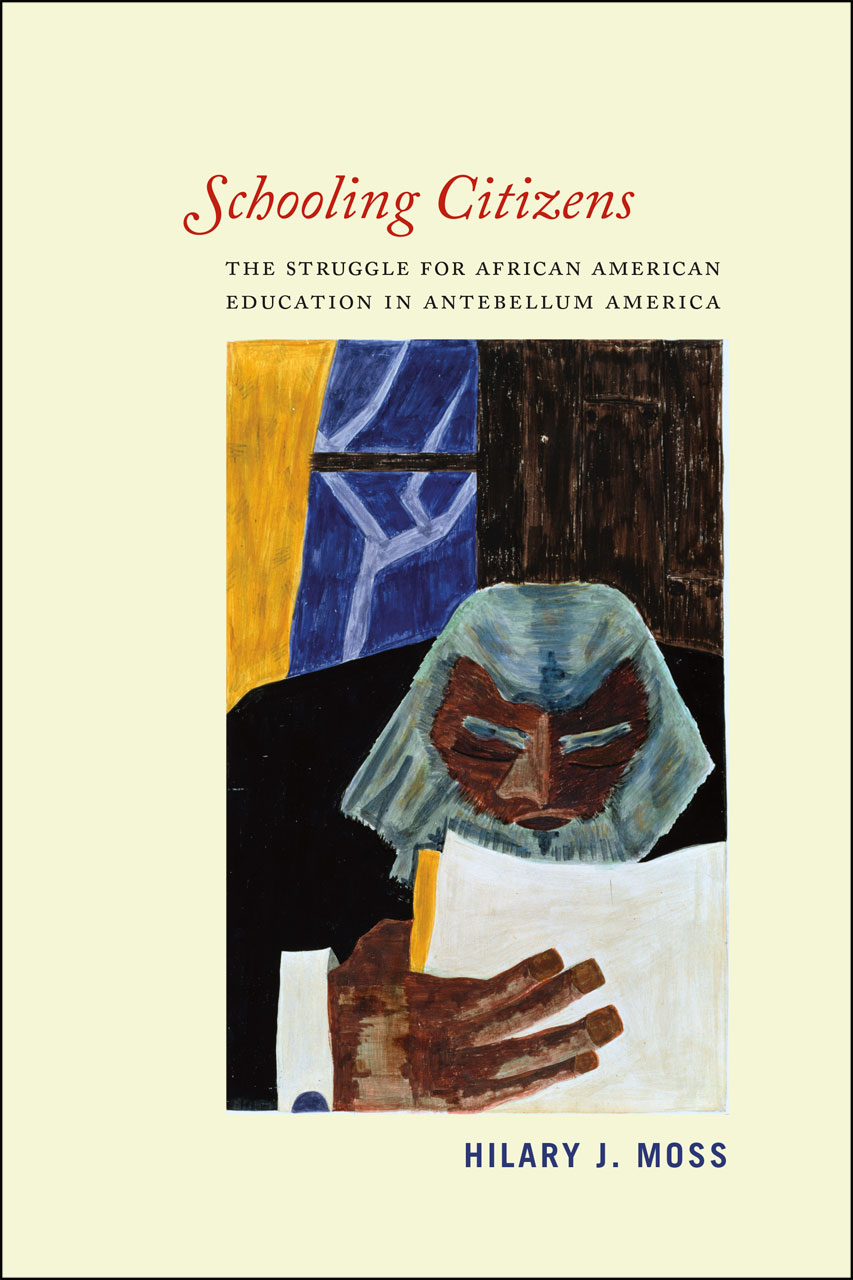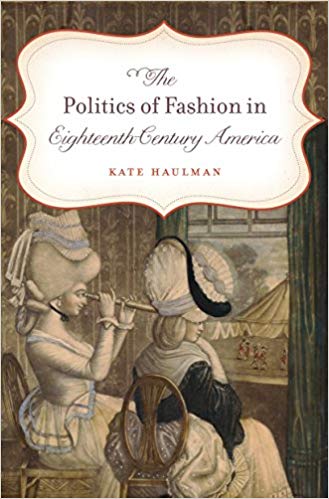Alison Games’ new book, The Web of Empire, consists of a loose-knit set of chapters about English overseas travel, long-distance trade, and colonial expansion in the early modern period. Most of the events recounted fall between the founding of the Jamestown colony in Virginia and the Restoration. Games selects a series of case studies, in the following order: “educational travelers” on the Continent, merchants in the Mediterranean, the embassy of Sir Thomas Roe at the Mughal court, the English trade mission in early seventeenth-century Japan, the early Virginia colony, the failed English colonies in Madagascar, and events in Ireland during the Interregnum. Whenever possible, Games stresses the connections between these various spheres of commercial and colonial activity, and she follows the movements of those English and Scottish subjects who traveled between English outposts, helping to weave a “web of empire.” She focuses on those literate elites who left written records of their plans and experiences. English governors, consuls, ambassadors, and clergy are discussed in particular detail because each of these groups moved along the strands of that web and had to negotiate the complex cross-cultural relations and strategies that came with their various territories. In her survey of these overseas activities, Games draws on a variety of interesting and important archival sources—commercial and diplomatic correspondence, East India Company court minutes, Virginia Company records, promotional tracts, travel narratives (both printed and manuscript), private diaries, travel conduct manuals, and other primary documents.
In the opening section of the book, Games poses this question: “How did this weak state [i.e., England] become an empire?” (7). Games gives much of the credit for this empire-building to the joint-stock trading companies, especially the East India Company and the Levant Company. And in giving credit where she believes it is due, Games describes these companies and the rise of English imperialism using a rhetoric that often glorifies and idealizes the acquisition of “global power and dominion” (8). In fact, this is a book that will be well received by students of economic history who wish to conceive of long-distance commerce and the early history of globalization as a heroic and beneficent “adventure.” At times, Games hearkens back to an earlier generation of historians who hailed the colonial and commercial enterprises of the Western European imperial powers as a boon to humankind, a glorious enterprise, and a high-minded sacrifice for the good of the nation. According to Games, through the pursuit of “adventure and opportunity” in global markets and in new colonial settlements, the English became “cosmopolitans” (9).
Though there are moments when Games alludes to the brutality and greed that often accompanied colonial and commercial ambition (she discusses piracy, slavery, and genocidal attacks on indigenous peoples), these actions are placed within a narrative of heroic sacrifice and triumph, a teleological progress toward empire. Neo-liberals, neo-conservatives, and libertarians will like what Games has to say about the early joint-stock companies and their role in the genesis of globalization: “Global processes knit the early modern world together, enabling people to perceive in its entirety a world once experienced only in fragments” (6), and “English investment companies were free to create their own worlds overseas” (7-8). Apparently, greed is good for the nation: “Those who invested in trading ventures may have hoped to fill their purses, but they also attached themselves to national goals; their profit was inextricable from English prestige and power” (8). According to Games, English merchants and colonizers “understood the many opportunities and adventures that awaited them in different ports, to further their ambitions, to gain honor, to save souls, to seek profit” (14). Perhaps. But Games fails to balance this praise of enterprising merchants and colonists with an acknowledgement of how the profit motive and the aggressive drive to gain colonial territory inflicted suffering on countless others.
Games does put forward an overarching argument that is meant to link the various parts of her study, and this argument is one that exhibits (either consciously or unconsciously) a neo-liberal faith in the beneficial effects of a global “free” market. She blames the intervention of the state for ending the commercial freedom that got the English empire started. At the end of her introduction, she praises an imperial vision of “a world spanned by private enterprise and defined by cosmopolitanism before the sensibility waned and was replaced and eclipsed by the state’s commitment to centralized authority and to coercive strategies” (14). This seems like a dubious historical narrative, though. It relies on the assumption that the joint-stock companies and early colonial ventures were entirely “free” of state, court, or monarchical meddling. As Robert Brenner and others have shown, an increasingly powerful new merchant class did emerge during the period after 1570 in England. But this does not imply that these new capitalists operated entirely independent of the traditional laws and powers of the land. If, as Games claims, after the 1640s the British became less accommodating, adaptive, and tolerant while interacting with other cultures, that change was due not only to state formation, but also to the increased economic power of the British in the world, and the upsurge in their ability to deploy rapidly developing technologies and commercial organizations to exploit others both through “peaceful” trade and through “coercive strategies” such as the appropriation of land, intimidation of foreign communities, forced migration, and slavery.
Games should not place all of the blame for the dark side of expansionism on what she calls “the centralized authority of the state.” Rather, she should account for the new and more effective enactment of coercive strategies by contextualizing those violent activities within the global matrix of exploitation and appropriation that many scholars call “capitalism.” Capitalism and the state were not (and are not) separate and autonomous operations, and “free trade” was sometimes combined with military aggression. The Web of Empire asserts and assumes—without much discussion of the exact nature of the relationship between monarch and merchant—that the joint-stock companies were able to operate without much state interference, and that it was the assertion of state power over commerce under Cromwell that put an end to what was a brief golden age of free-market cosmopolitanism.

Games praises English commercial behavior in the Mediterranean and the Indian Ocean during the late sixteenth and early seventeenth centuries, and she celebrates the struggle to build colonies in the New World, but toward the end of the book she finds an object for moral condemnation in Cromwell’s brutal military campaign in Ireland and the Commonwealth government’s effort to uproot Irish Catholics and re-plant English and Scottish Protestant colonists in their place. The chapter on Ireland is not about cosmopolitanism; rather, it describes a grim case of intolerance and violent expropriation. The example of Ireland under Cromwell is used by Games to support her assertion that state power, directly enforced, is bad, and that the profit motive, unhindered by the state, is good. This is a reductive account of a very complex, give-and-take relationship between rising bourgeois power and the traditional authority of court and state to regulate trade and territorial expansion. Because it omits both a meaningful account of capitalism as well as a truly global sense of the dynamic world system of the sixteenth and seventeenth centuries, Games’s argument fails to account for that complexity, and falls back, instead, on the old essentializing myth about the virtue of free enterprise in the service of Empire. “Enhancing a nation’s trade was a patriotic act” Games declares, with typical zeal (96).
Under the banner of “cosmopolitanism,” Games emphasizes throughout her book that “trade, travel and adventure” produced cultural openness and national benefit when the state left merchants and colonists to their own devices (127). Games glories in “new commodities [that] generated a festival for all the senses and brought distant lands into the domestic setting of English households” (82); she lauds “the impressive organizational activities” of the “enterprising merchants” who worked for the chartered companies (83); and she finds redeeming qualities in colonization, writing that, “Colonial undertakings offered creative men the opportunity to devise a new kind of society” (191). This last statement is not adequately balanced with a discussion of the deadly cost of that creativity for the displaced indigenous inhabitants of these new colonies. Finally, Games’ book exhibits a curious strain of old-fashioned Orientalism in descriptions of the Levantine Mediterranean—a place “replete with exotic, bewildering, and sometimes distasteful practices” (61)—and especially in a purple passage describing those colonists who had “traveledeast from England” before coming to Virginia: “They had traveled by caravan and caravel and camel; they had bowed before sultans and kissed the rings of sheiks…. They had seen elephants and monkeys and terrifying serpents…. Virginia was one of many adventures for them, and one for which they were well equipped” (126). While The Web of Empire is full of fascinating anecdotes and uncovers much useful information about colonial and commercial history, in many instances taken from neglected archival sources that deserve our attention, its larger historical conclusions are not convincing, and its laudatory treatment of commerce and colonization is problematic.




